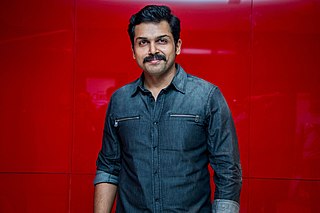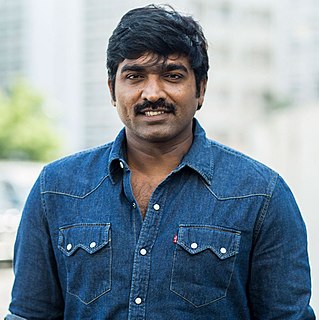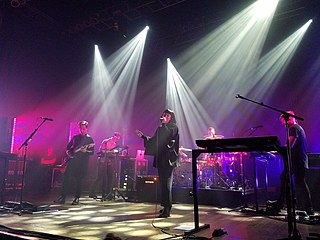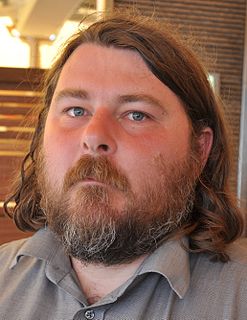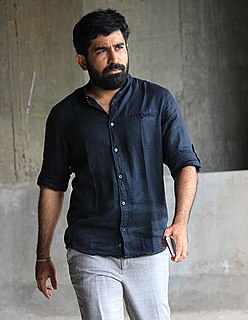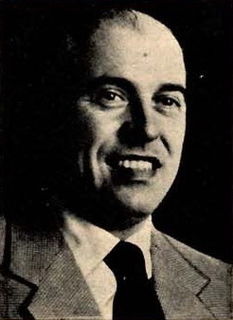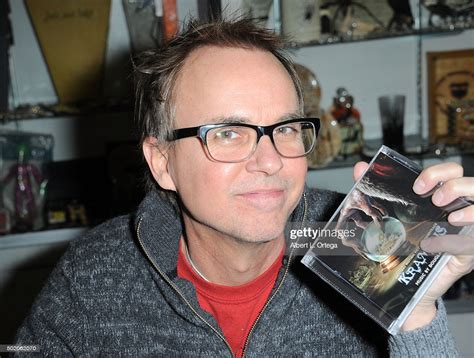A Quote by Karthi
Each time when my films get released, people always compare it with my debut film 'Parutthiveeran' and comment that nothing comes near that flick.
Related Quotes
There certainly is no secret in that there are plenty of people who don't like plenty of my movies. Each one of my films is personal; each one of my films is emotionally autobiographical. And I like directors who do that. With each one of my films, I'm exploring one of my own issues and I try to expose myself a little in the film.
When 'Pizza' released, I was a nobody. Initially, we managed to get only 100 screens. But, after its success, the producers of 'Naduvula Konjam Pakkatha Kaanom' got 150 screens and also released the film in the U.S. Now, distributors are keen to invest in my films because they feel I have face value.
In an old model, the way a film would imprint itself on the public's consciousness is to get a theatrical run. But now there are more documentaries and more films in general being released than ever before. There are weeks when the New York Times is reviewing 15 films, so it's harder to leave an impression on the public. A lot of these films are seeing their financial future on digital platforms. Because viewers aren't hearing as much about films in theatrical release, I think the festival circuit is going to have increasing importance for the life of a film.
People say, "How do you get into the British film industry?" There is no British film industry, there are just people making films and finding their own way. It's not like in the States where there are studios and there's an actual infrastructure to it; there's just nothing here. You make it from scratch a lot of the time.
If you go into a forest of film stories, you never can get right through the forest straight ahead; you always have to make some U-turns or whatever, because there's some trees in the way. And that's what I'm doing. Sometimes, as an actor, if you make only these intellectual, wonderful films, which I love, from time to time you have to make a film like Armageddon so people see that you're still around.
I was playing in a band and was approached to score an independent film. I had never done it, but had written instrumental music, so I figured I could do it. Turns out I loved scoring the film, and took on another couple films before realizing that if I was to be an effective narrative composer, I should study the craft of composition. I stopped taking projects and got a degree in orchestral music composition, and followed that with film scoring studies. Near the end of my degree studies, I started taking on student films as a way to get back into film scoring.
